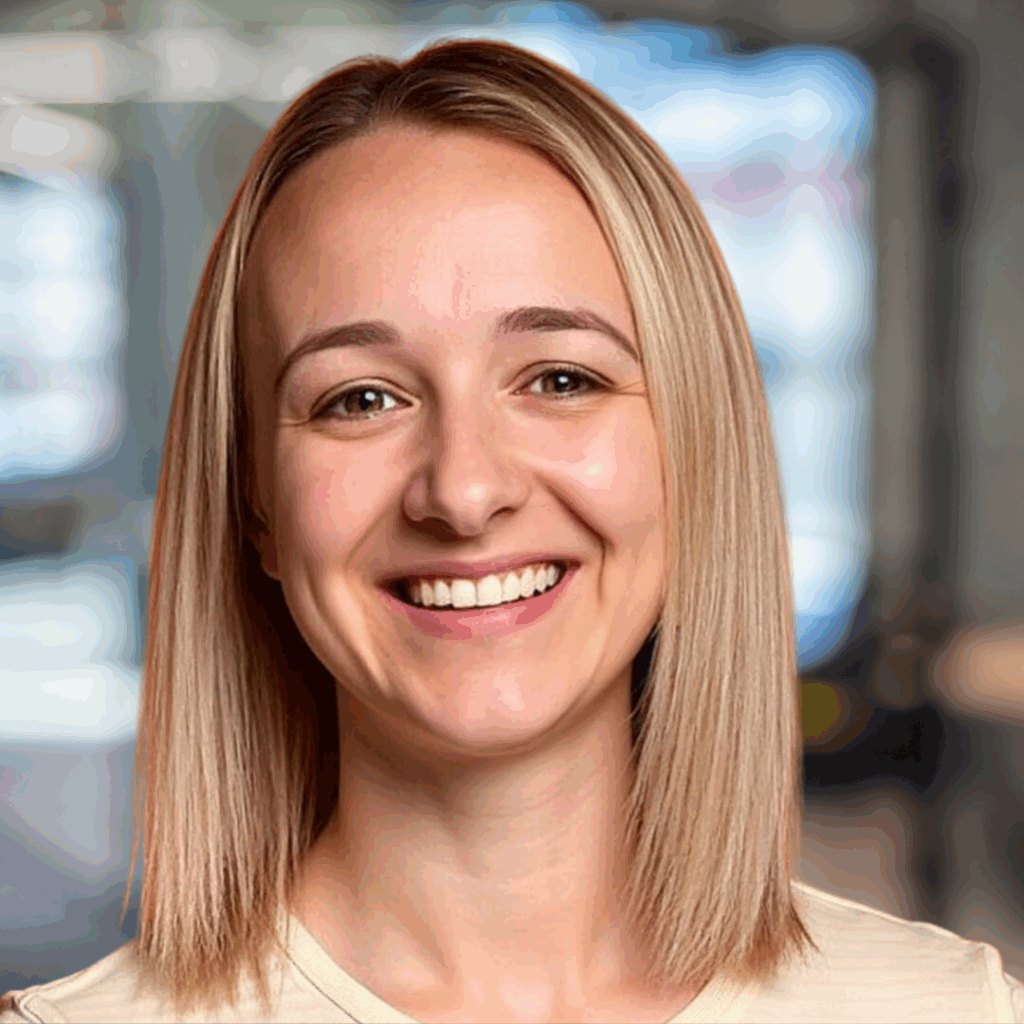News article • 4 mins read
4 mins read

Reflections on 30 years of UKAS, by Claire Widd, Director of Communications and Marketing
Related topics
In 2025, the United Kingdom Accreditation Service (UKAS) marks 30 years since its formation. Since 1995, UKAS has supported the UK’s national quality infrastructure by accrediting organisations that deliver testing, inspection, certification and calibration. This article reflects on major milestones and UKAS’s evolving role in supporting trust across public services and industry.
A single national body
UKAS was created through the merger of two accreditation bodies: the National Measurement Accreditation Service (NAMAS) and the National Accreditation Council for Certification Bodies (NACCB). This consolidation gave the UK a single national accreditation body appointed by government and operating in the public interest.
By unifying accreditation, UKAS reduced duplication and improved consistency across sectors. From the outset, its purpose has been to assess the competence of conformity assessment bodies to recognised international standards, helping ensure trust in services and products.
Building international recognition
One of UKAS’s early achievements was joining the multilateral arrangements of the International Laboratory Accreditation Cooperation (ILAC) and the International Accreditation Forum (IAF). These agreements mean UKAS-accredited certificates are recognised in over 100 economies. This reduces the need for repeat testing or inspection and supports international trade.
Following the UK’s exit from the European Union, UKAS retained its membership in the European co-operation for Accreditation (EA) helping preserve continuity and stability for UK exporters and regulators.
Growth across sectors
Over three decades, UKAS has expanded its services to meet changing needs across public and private sectors. Today, over 3,000 organisations are accredited by UKAS across areas including healthcare, food and farming, forensics, environmental testing and digital technologies.
In healthcare, the development of accreditation to ISO 15189 for medical laboratories, supports accurate diagnostics and patient safety. This later extended to point-of-care testing, imaging and biobanking. Moorfields Eye Hospital was the first UK provider to receive IQIPS accreditation for ophthalmic and vision science, enhancing diagnostic accuracy and consistency.
A further milestone was achieved in 2024 when NHS Greater Glasgow and Clyde Biorepository became the first service in the UK to receive UKAS accreditation for biobanking, marking a significant step forward in quality assurance for biological sample storage and research.
Working with the Forensic Science Regulator, UKAS developed schemes to accredit digital and traditional forensic providers. This gave courts greater confidence in the reliability of evidence and in 2010, Scotland Yard became the first accredited forensics service in England and Wales.
In the food and farming sector, UKAS accredits certification bodies that assess compliance with food safety, animal welfare and sustainable agriculture standards. Accreditation supports assurance schemes such as Red Tractor and organic certification, helping farmers and producers demonstrate that their practices meet strict industry and regulatory requirements.
As net zero goals have grown in importance, UKAS expanded its accreditation of bodies that verify environmental claims and greenhouse gas emissions. This helps businesses meet climate reporting requirements and access sustainable finance with confidence.
For example, CIBSE Certification uses UKAS accreditation to demonstrate that their certification processes for low-carbon consultants and energy assessors are technically robust and independently verified. giving clients and regulators greater assurance in energy performance data.
In environmental testing, UKAS-accredited laboratories also analyse air and water quality, food integrity and hazardous materials. These services inform regulation and protect communities.
Embracing innovation and accessibility
Since 2020, an era of digital enablement has seen the launch of UKAS CertCheck and e-Certificates which deliver improved transparency allow for verification of accreditation status in real time.
To support small and medium-sized enterprises (SMEs), UKAS introduced readiness tools, application support and has continued to develop training services through the UKAS Academy. These services help reduce barriers and build internal knowledge for smaller businesses.
UKAS is also preparing for future challenges, developing accreditation frameworks for emerging technologies including certification to ISO/IEC 42001 for artificial intelligence management systems. As digital systems grow, accreditation supports ethical and trustworthy deployment.
Looking to the future
As we look ahead to the next 30 years, our mission is to ensure that UKAS continues to deliver trust and value by anticipating and responding to the evolving needs of society.
Our vision is one in which accreditation continues to support innovation without compromising safety, fosters competition without diluting standards and enables global interoperability without sacrificing national priorities.
This means being more than a service provider. It means being a strategic partner to businesses, a trusted advisor to policymakers and a visible force for quality across public life.